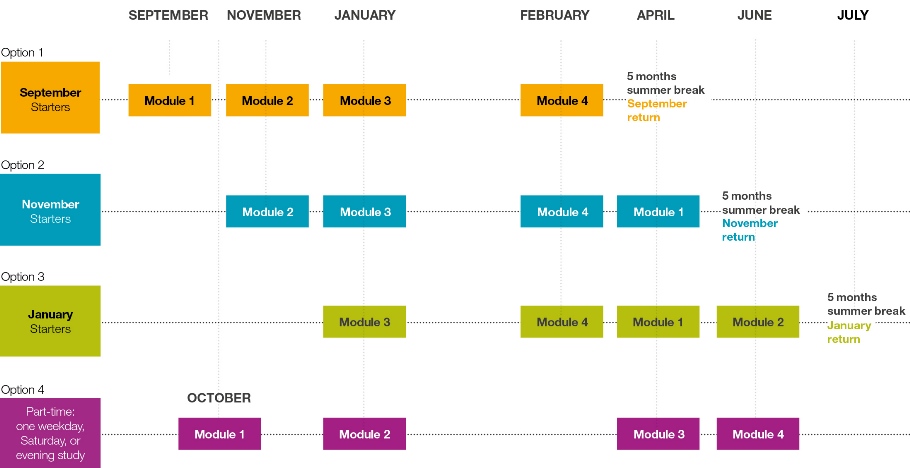
Alternative Learning Styles at University: Life-Shaped Learning, Degree Apprenticeships and Higher Apprenticeships
Higher Education: One Learning Style for All?
Traditionally, Higher Education was seen only for the Elite. Then as the years have progressed (along with multiple government agendas!), Higher Education has sought to widen participation and help ensure society is well-trained and educated. Stemming from this development, students are now fortunate enough to have the choice as to not only choose whether they would like to study at Higher Education, but did you know they also have a choice about how they go about studying for their qualification too? I’m not talking about full-time, part-time or which Higher Education Institution (HEI) they apply for and attend; I’m talking about a choice of which teaching style suits them and will encourage them to succeed.
Higher/Degree Apprenticeships
Besides the more traditional Semester-style learning, over the last six years or so Higher Education has been embracing change in the form of two additional teaching styles at a HEI: Life-Shaped Learning and Higher/Degree Apprenticeships. The latter, without question, has hit the headlines far more often recently with the UK Government enshrining the term Apprenticeship and recognising the pathway equal to Higher Education, committing to the creation of 3 million apprenticeships by 2020.
In addition, off the back of the Government’s push for Apprenticeships was the introduction of the Apprenticeship Levy and HEIs each developing their own branch of Apprenticeships, sometimes in collaboration, to support the local labour market. As Teachers and Careers Advisors, it is fair to say that this acknowledgement is greatly received with School Leavers being provided more opportunity to carve their own pathway within the world of work whilst still being in education.
How about Life-Shaped Learning?
However, have you heard much about Life-Shaped Learning within Higher Education? From my experience working with schools and colleges across the UK… that may be unlikely! Due to the various high-profile press articles around Apprenticeships and the Higher Education system as a whole (tuition fee and student caps anyone?), it is hard to pinpoint an article about Life-Shaped Learning. However, this teaching model is beginning to make head-way in the sea of opportunity.
Life-Shaped Learning provides flexibility and focus to students by offering module-by-module learning as opposed to studying multiple modules within a semester. Smaller class sizes and the ability to start at multiple points within the academic year, not just September, provides some students with breathing room after finishing their Level 3 studies. See the example timetable above to see this in action. Others are provided with the opportunity to start their course earlier, and are not being required to wait until September. Did I also mention that due to it being module-by-module, there is no need to revise a whole year’s worth of content for end of year examinations? The flexibility within the model, and natural attraction to widening participation and boosting part-time engagement was recently highlighted in OFFA’s most recent Access paper.
Can you help to raise awareness of these alternative learning styles
Life-Shaped Learning and Higher/Degree Apprenticeships are two models rising in popularity and subsequent investment. However, they may go largely unnoticed until Teachers and Careers Advisors find out more about them, to advise students to consider their learning style as well, not just in certain years but throughout their education. It is natural for humans to want to adapt and change and our brains are no different. We as role-models to young people need to make a conscious effort to encourage students to explore other learning styles (Bhagat, Vyas and Singh, 2015 - see reference below) and by doing so, this may help improve the attainment and outcomes of all young people.
Bhagat, A., Vyas, R., & Singh, T. (2015). Students awareness of learning styles and their perceptions to a mixed method approach for learning. International Journal of Applied and Basic Medical Research, 5(Suppl 1), S58–S65. https://doi.org/10.4103/2229-516X.162281
Just so you know, this blog was published on 19 Feb '18 and everything was accurate to the best of our knowledge when we hit publish.
Stay up to date with everything university!
This free newsletter includes information about university events added to UniTasterDays, as well as details on new webinars, resource releases, and more.




